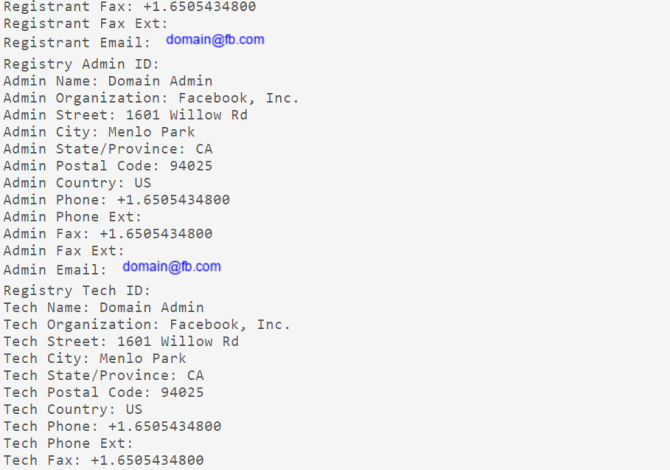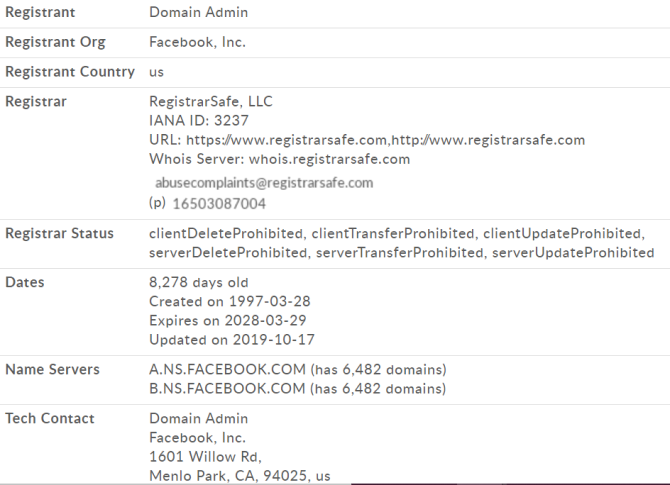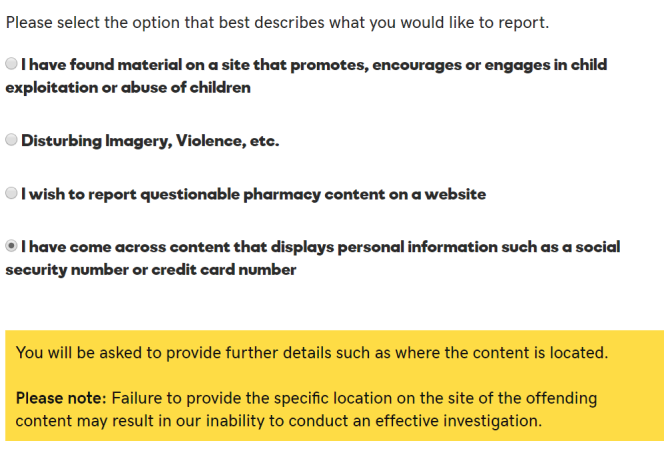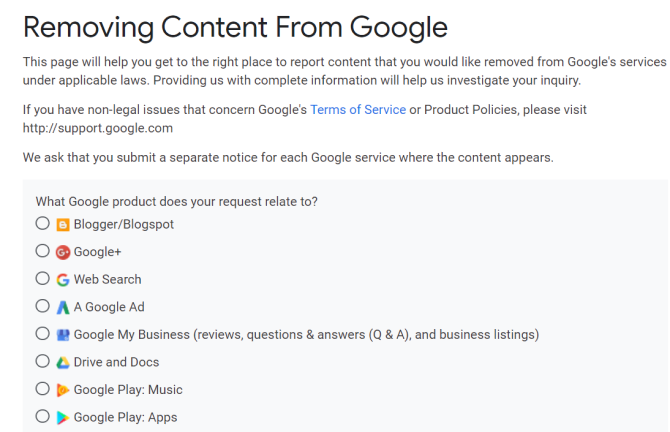Almost everyone has some harmless piece of personal information floating around on the internet. Now, it's almost unavoidable. But it's a completely different story when someone writes something libelous about you or exposes a sensitive piece of information.
If you find false or private data on the web, you need to learn how to remove information from the internet. Follow along to find out what you need to do to act.
What Is Libel?
In the United States and in many countries around the world, truthful statements about another person are safe to publish. However, publishing outright lies with the intent to defame or injure the reputation of others is illegal.
In the U.S., the victim of libel has the right to bring a civil lawsuit against the defamer. Such lawsuits are usually very expensive and not worth the effort for most people. If you find that someone has published untrue information about you online, there are less expensive and more effective ways to remove that false, libelous information from the web. That's why it's important to know how to remove your address from the internet, along with other sensitive information that websites know about you.
Contact the Website Owner
Before you do anything else, swallow your pride and contact the person who published the information. Locate the contact details on the website if you can. Then, send a friendly email pointing out why what they wrote is untrue.
Don't call them a liar, just ask them if they wouldn't mind entering a friendly dialog with you regarding the issues that were published. You'd be surprised how many of these situations arise out of a gross misunderstanding.
Communicating with the other person can immediately clear up any disagreements you may have had, and you may discover that the author is willing to remove the hurtful page. Kindness can often go a very long way to getting what you want.
Unfortunately, the odds are pretty good that you may be dealing with an unstable or unreasonable individual. They may get obnoxious and refuse to cooperate. That's when it's time to step it up a notch.
How to Report a Website for Slander and Remove Personal Information From the Internet
When the owner of the website won't cooperate, you need to get serious. The following steps will help you remove your information from the internet. While this guide doesn't tell you how to remove your name from the internet completely, it'll give you a surefire way to get your private information off the web.
To prevent any of these situations happening in the future, you might want to think about improving your online privacy as well.
1. Find Contact Information
Before you conduct full-fledged warfare against the offending website, you'll need to do a little bit of investigating. The first step is to identify the name and contact information for the person who registered the site that hosts the libelous material.
For this, try the DomainTools Whois Lookup. This site gives you detailed information about the website you're searching for. All you need to do is enter the site's URL into the search bar.
To view the site's full writeup, you'll need to scroll to the bottom of the page and verify yourself with a CAPTCHA. You'll see a contact email under "Registrant Email" or "Administrative Contact." You can use these emails to try to get in touch with the owner of the site.
At the top of the page, DomainTools also provides information regarding the site's host under the "Registrar" section. Once you know the name of the web hosting company, visit the website and obtain their contact information, as well as a list of the host's Terms and Conditions. Make a list of those terms that the offending webmaster has broken on their website.
2. Report All Terms and Conditions Violations to the Host
If you've contacted the webmaster and they are unwilling to cooperate, then the first part of this battle is to fire off as many abuse violation reports as needed. Your first order of business is to report a violation to their web host. It's important that you find a violation on the web page that goes against the terms and conditions of the host. Most web hosts do not allow the posting of personal information or any form of libel.
For example, GoDaddy, a popular web host, provides a form that allows you to file any abuse complaints. Simply find the place on the offending website where the author makes use of your name and other personal information without your permission and use it as your evidence.
3. Report Privacy or Copyright Infringement To Google
Another approach is to remove information from Google and get that web page delisted from the search engines. Google is the powerhouse of online information, so getting delisted from Google will virtually destroy any chance the offending website will have of getting visibility.
If you're wondering how to remove yourself from Google search entirely, you might not get the answer you're looking for. There are only some scenarios where Google will remove specific results. Those situations include when any of the following are published on a web page:
- Your social security or government ID number
- Your bank account or credit card number
- An image of your handwritten signature
- Your name or business published on an adult content site
- Infringement of copyrighted content like text or images
In most cases, you can use this form to submit your request to remove content from Google.
4. Report Any Other Abuse to Google
If the website that's posted libel about you hasn't broken any privacy rules, you still have a chance of removing their site from Google if you can find a case of abuse related to Google's Terms and Conditions. Search the website and try to find examples of any of the following:
- The site is just spam
- It buys or sells links
- You find malware or malicious software on the site
- The site contains phishing schemes
If you can identify any of the above activities on the website, submit a report to Google using the Spam Report Tool.
Don't Give Up Trying to Remove Online Information
Now that you know how to remove your information from the internet, as well as how to report a website for slander, you can feel a little more at ease. If you don't get a response from the website owner or host on the first try, don't give up. As a last resort, you can turn to Google to take care of any personal information posted on the web.
You might also notice your personal information lingering on websites that list directories. To get rid of that information, take these steps to delete your personal data from public records websites.





